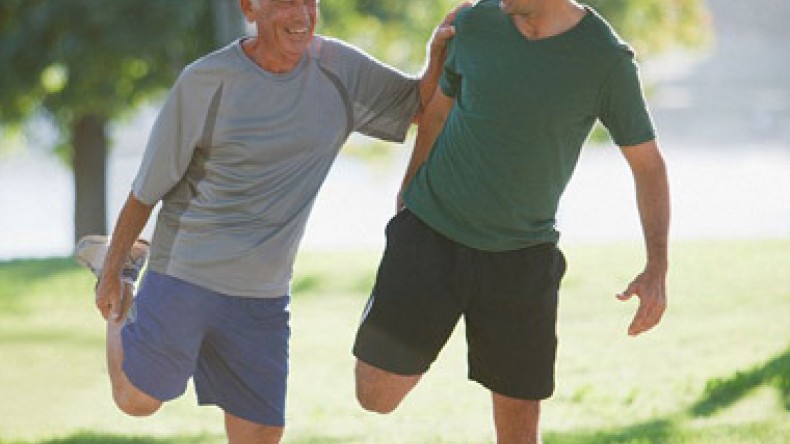
Older people who cannot balance on one leg more likely to have a stroke
Older people who struggle to balance on one leg for 20 seconds are more likely to have a stroke, researchers claimed, the Daily Mail reports.
The simple test identifies those in need of extra support because they are more likely to have poor brain health, such as undiagnosed damaged and bleeding small blood vessels.
But a study showed they had no obvious signs of ill-health, said Yasuharu Tabara, associate professor at the Center for Genomic Medicine at Kyoto University Graduate School of Medicine in Japan.
Professor Tabara, who led the research, said: 'Our study found that the ability to balance on one leg is an important test for brain health.
'Individuals showing poor balance should receive increased attention, as this may indicate an increased risk for brain disease and cognitive decline.'
'One-leg standing time is a simple measure of postural instability and might be a consequence of brain abnormalities.'
The study, in the American Heart Association's journal Stroke, involved 841 women and 546 men with an average age of 67.
After participants were timed standing on one leg, their brains were scanned.
British researchers found this year that middle-aged people with a poor grip who were slow to get out of a chair had a higher risk of dying within the next decade.
Newsfeed
Videos






























